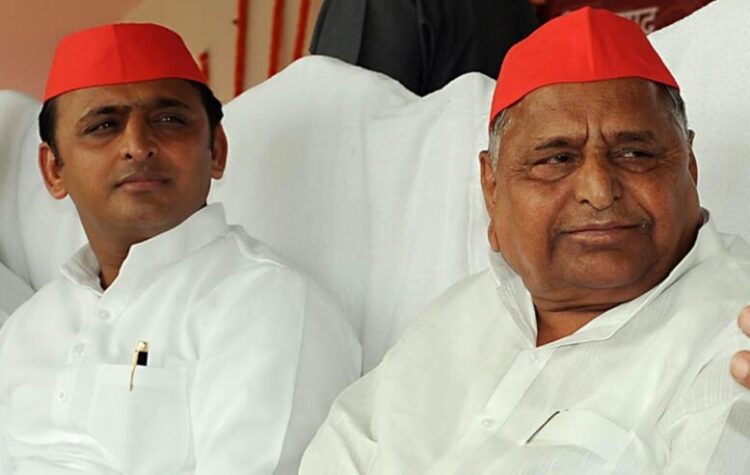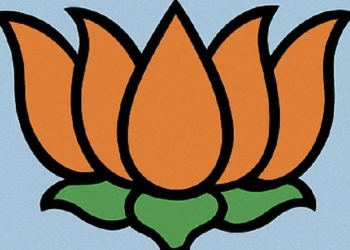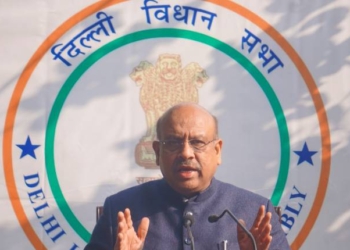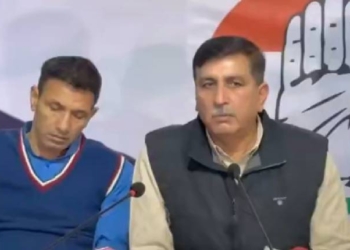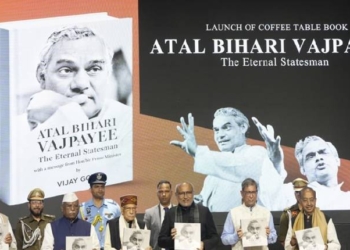Lucknow: Late Samajwadi Party (SP) founder Mulayam Singh Yadav was among the first political leaders to take a firm stand against reservation for women.
His tough stand taken against the women’s quota bill in 2010 has kicked up a political storm and led to a major controversy.
The Samajwadi stand remains unchanged even a decade later though the party’s opinion is now comparatively muted.
Akhilesh Yadav, who is now leading his party, tends to avoid addressing the issue and carefully veers the direction of conversation when asked to define his party’s stand on the reservation for women issue.
Akhilesh Yadav — though he belongs to the new generation — has also been suspiciously silent on the issue of women’s reservation. His wife Dimple Yadav is a MP from Mainpuri but the SP, as such, does not believe in pushing women to the forefront of party politics. The number of active women in the party can be counted on finger tips.
The party’s stand remains the same as that of Mulayam Singh though no one speaks about it. The SP is pushing for OBC caste census but does not talk about quota for women.
The SP still does not have much room for women leaders and tickets to women are kept in limited numbers. The women candidates are mostly wives and widows of popular leaders and those that are given tickets on basis of merit are few and far in between.
Mulayam Singh Yadav, however, was highly critical of the women’s bill when it was introduced by the UPA government.
He kicked up a row in 2010 with his remark that rural women will not benefit from the Women Reservation Bill because they are not as attractive in comparison to those from the affluent class.
In March 2010, when the Bill was tabled in the Rajya Sabha for approval, Mulayam had said: “The Women Reservation Bill, if passed in present format, would provoke young men to whistle in parliament.”
“Bade ghar ki ladkiya aur mahilayen ko fayda milega… humari gaon ki gareeb mahilayon ko nahin… akarshak nahi hoti…bas itna kahunga… jyada nahi… (The women reservation bill in its present form would only benefit rich and urban women… our poor and rural women are not attractive… will not say beyond this),” said Mulayam.
He said that that is why he has asked for quota for Dalits, tribals backward classes and minorities within 33 per cent quota for the women in the Bill.
The remark invited widespread criticism with women organisation and opposition parties demanding apology from the SP patriarch.
Later, he clarified that what he wanted to convey was that women are the most backward in our society and they are suppressed everywhere.
“We need to support and provide quota to women in educational institutions and jobs to help them stand on their feet and demand rights,” he said.
The All India Women’s Democratic Association, UP chapter, while describing the remark as ‘ridiculous and disgusting’, demanded an apology from the SP president. However, Yadav remained defiant.
He had then said that he intentionally made the remark to start a debate on the issue. The SP had then opposed the Bill in the Rajya Sabha along with Lalu Prasad Yadav’s Rashtriya Janta Dal and Janta Dal (United). The MPs of these parties had been be escorted out of the House by the marshals when they disrupted the proceedings several times during the debate on the Bill.
While the Bill was passed by the Rajya Sabha with the support of Congress, the BJP and Left parties, Lalu and Mulayam had later lodged protest with the President and threatened to withdraw their support from the Congress led UPA government.
As a result, the Bill was not tabled in the Lok Sabha.
Political analysts had then said that the stand taken by Mulayam and Lalu is not because of their ‘concern’ for the backward, poor, Dalit, Muslim and rural women but because it would reduce space for men who dominate elections in our patriarchal society.
Another socialist leader Sharad Yadav also echoed similar sentiments when he said that only ‘parkati’ women (women sporting short hair, belonging to affluent families) would benefit.
The two leaders had driven a class wedge among women to oppose the bill.
(IANS)




